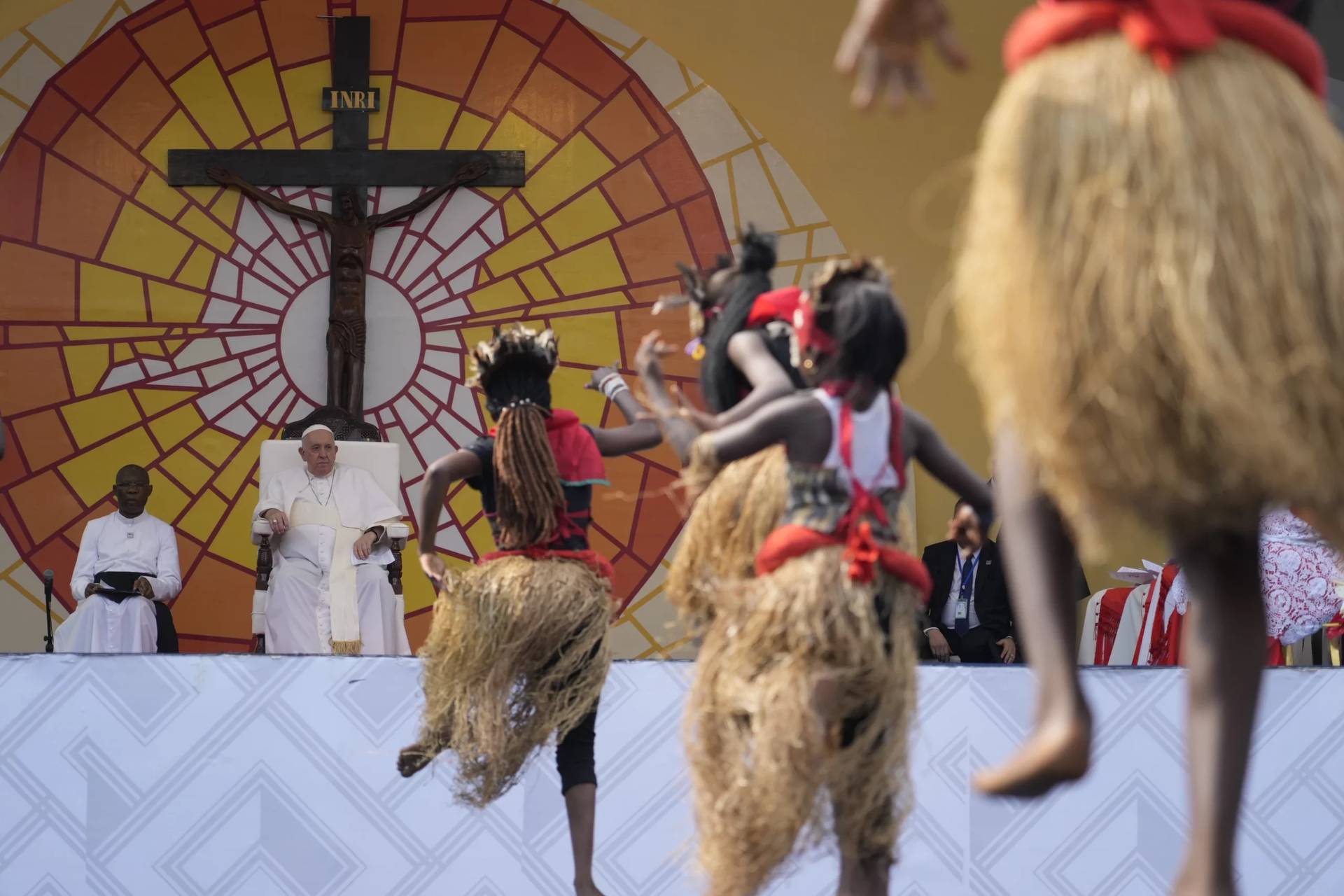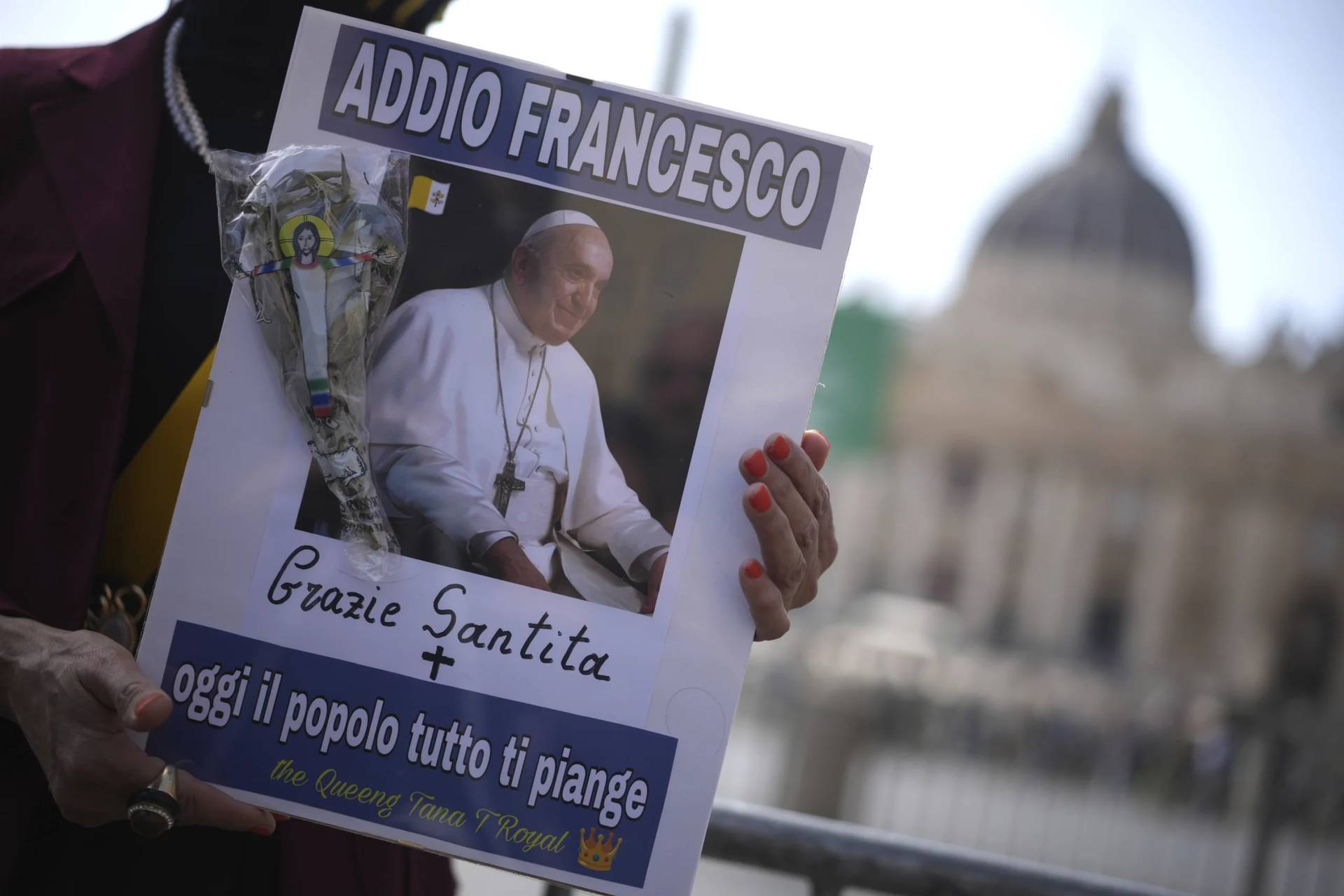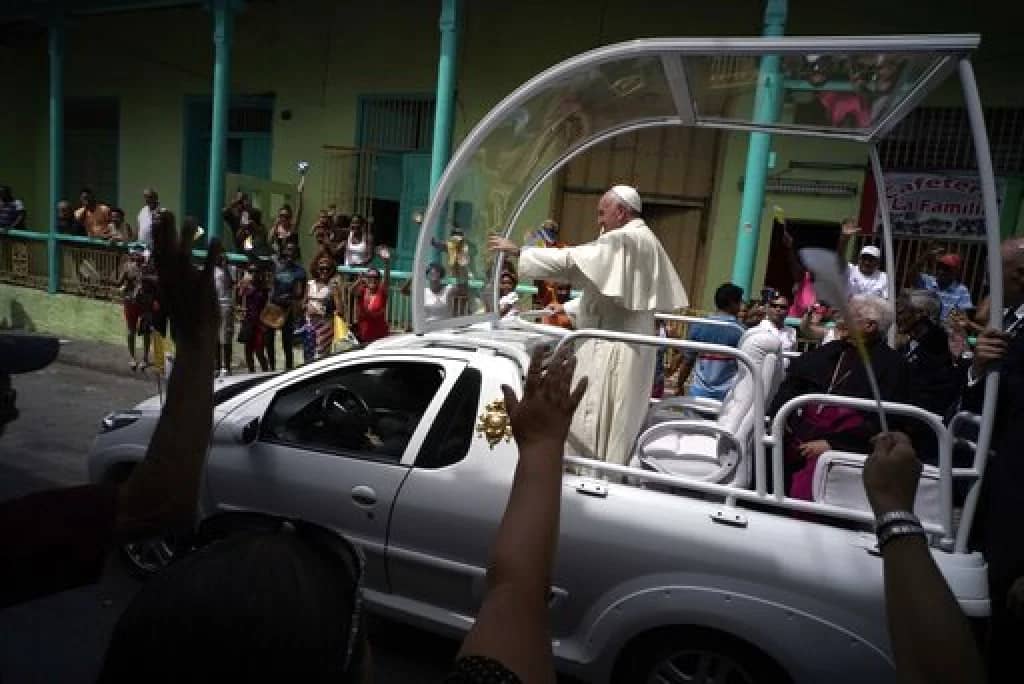DENVER – In 1997, Jonathan Kwitny published a biography of Pope John Paul II titled Man of the Century. The idea wasn’t necessarily that Karol Wojtyla was the greatest figure of the 20th century, but that no single personality better summed up in his own life the drama of the past 100 years, from his experience of Nazism and Communism to his role in forging a new post-Soviet global order.
In a similar fashion, one could probably pen a biography today of the late Cardinal Godfried Danneels of Belgium, who died Thursday at the age of 85, titled Cardinal of the Half-Century. There wasn’t a major Catholic twist or turn since 1977, when he made Bishop of Antwerp, in which Danneels wasn’t a protagonist.
A former professor of liturgy at the Catholic University of Louvain, Danneels was seen as a leading light of the European episcopacy, in the same rarified company as Cardinals Carlo Maria Martini of Milan or Joseph Ratzinger of Germany before his election as Pope Benedict XVI. People marveled that in an ultra-secular society such as Belgium, Danneels managed to win respect because of his calm, his self-deprecating sense of humor, and his keen intellect.
In one way or another, Danneels was at the heart of it all – the good, the bad and the ugly.
At the peak of his power, he was considered a candidate to be pope himself, and, as a member of the celebrated “Sankt Gallen group,” helped play the role of kingmaker in identifying Jorge Mario Bergoglio of Argentina as a possible pontiff.
Basically a center-left, “spirit of Vatican II” churchman, Danneels took his place in a lineage of reform-minded Belgian prelates. They include Cardinal Désiré-Joseph Mercier of Mechelen in the early 20th century, a pioneer in the ecumenical movement through his conversations with Anglicans (famously insisting that Anglicanism must be “united, not absorbed” by the Catholic Church), and Cardinal Leo Jozef Suenens of Mechelen-Brussel, one of the architects of the Second Vatican Council in the mid-1960s.
Later, at his nadir, Danneels became a global symbol of the clerical sexual abuse scandals, caught on tape appearing to counsel a victim to remain silent about his abuse at the hands of a fellow Belgian prelate who was also the victim’s uncle, Bishop Roger Vangheluwe.
By the end, Danneels was largely out of the game. That was a late development, however; despite the scandal, Pope Francis appointed Danneels to his two synods of bishops on the family in 2014 and 2015. Behind the scenes, Danneels was a backer of the proposal pioneered by his fellow Sankt Gallen prelate, German Cardinal Walter Kasper, to allow divorced and civilly remarried Catholics to receive Communion, which was more or less ratified by Francis in his 2016 document Amoris Laetitia.
Francis continued to stand by Danneels even in death, releasing a telegram Thursday expressing “deepest condolences” over the loss.
“This zealous pastor served the Church with dedication not only in his diocese but also at the national level as President of the Conference of Bishops of Belgium, while being a member of various Roman dicasteries,” the papal telegram read.
“Attentive to the challenges of the contemporary Church, Cardinal Danneels also took an active part in various Synods of Bishops, including those of 2014 and 2015 on the family,” the pope said, imparting a blessing on his relatives and the pastors and faithful of Belgium.
Given the way Danneels is now seen as a symbol of the abuse crisis, Francis and his team had to be aware of the risk of blowback for praising him – and, clearly, the pope did it anyway.
Danneels went through a health scare in 1997 when he had a serious heart attack, but he bounced back strong and continued to wield influence. That’s around the time I first met him, having arrived in Rome as a cub reporter on the Vatican beat shortly before.
I remember trundling out to Rome’s Pontifical Belgian College on several occasions to sit down with Danneels, almost always on background. The Belgians are generally excellent linguists, and Danneels always spoke to me in near-perfect English – in addition to the French, Dutch, German and Italian I often heard him summon.
On those occasions, I always found Danneels to be smart, well-informed, charming and endlessly curious. He would be self-deprecating, usually beginning any exchange by insisting that those of us in the Vatican press corps knew more about the place’s inner workings than he did – a claim that subsequent conversation, by the way, would almost always debunk.
Despite his erudition and pedigree, Danneels was unfailingly patient with people asking questions he must have regarded as below his pay grade, and he would take the edge off potentially testy exchanges with jokes at his own expense.
Danneels was, in a word, a real gentleman, regardless of what one makes of his political or theological positions. Amid the epidemic of mean-spiritedness that characterizes the era of social media and 24/7 blather, that commitment to civility means he’ll be missed.
For sure, the role of Danneels and a host of other senior prelates in the Church’s abuse crisis is fair game for critical evaluation. Although he always denied any intent to cover up, if the conclusion is reached that’s what Danneels did, then his legacy will be justifiably tarnished.
However, no human being is ever the sum of just their worst moments. For decades, plenty of people, myself included, could say that their image of the Church and of its leadership was enhanced by knowing Danneels – if not for his politics, then certainly for his personal kindness, and that alone is no small epitaph.
Requiescat in pace.














